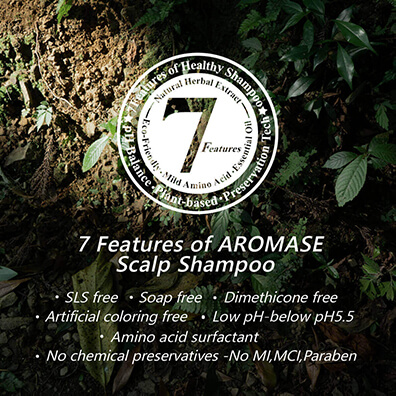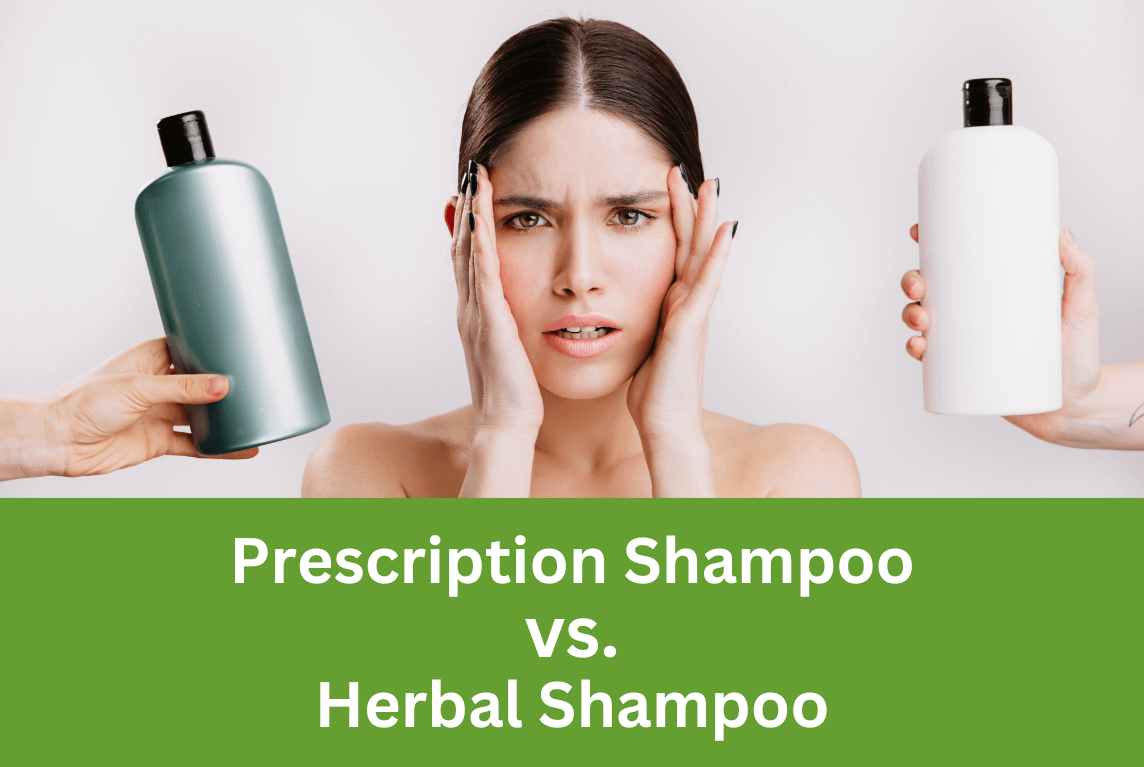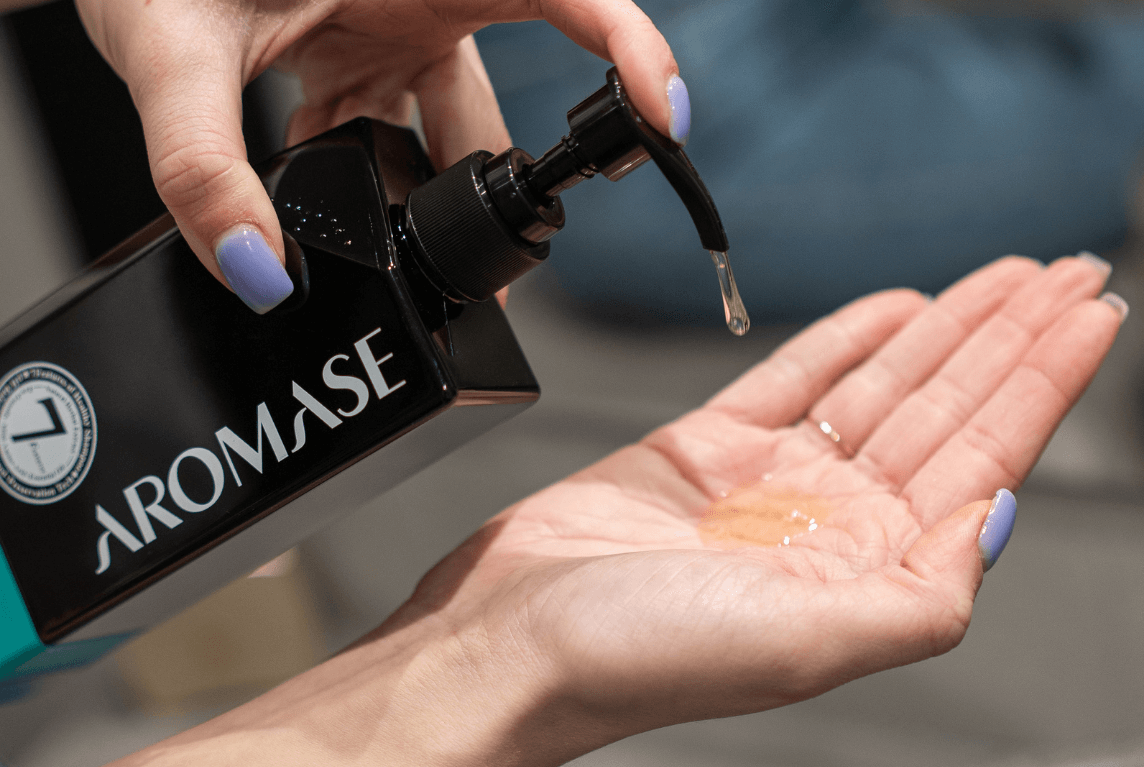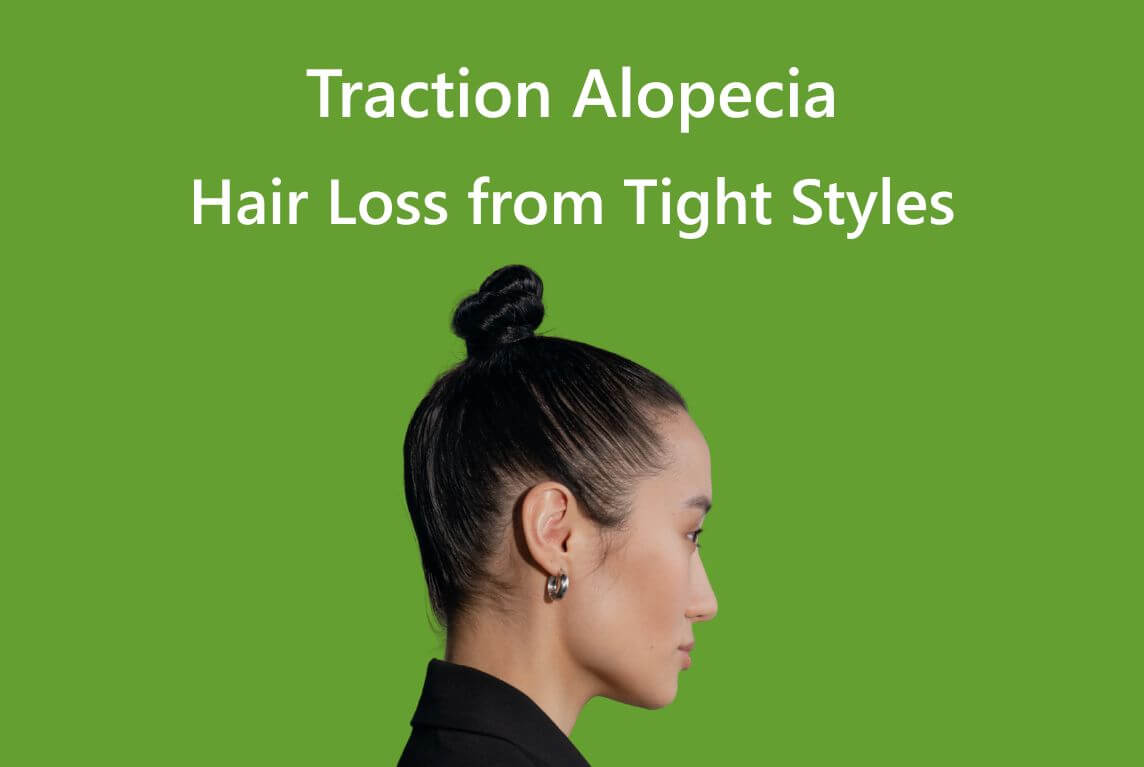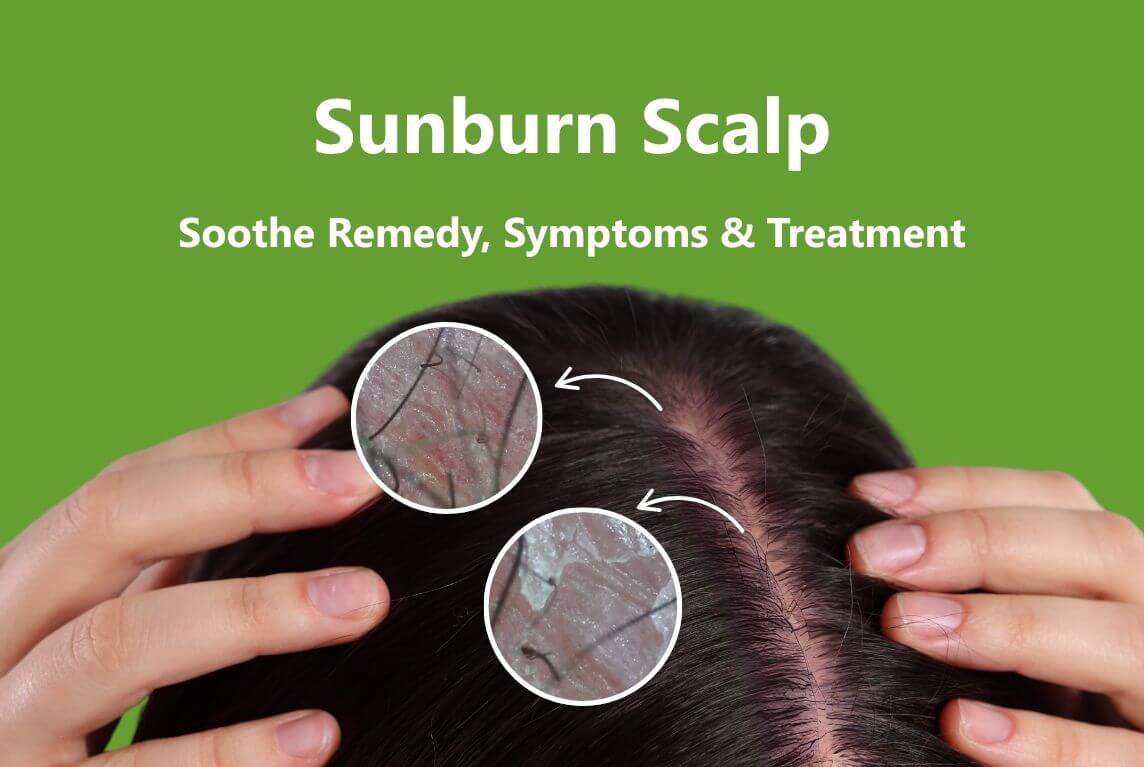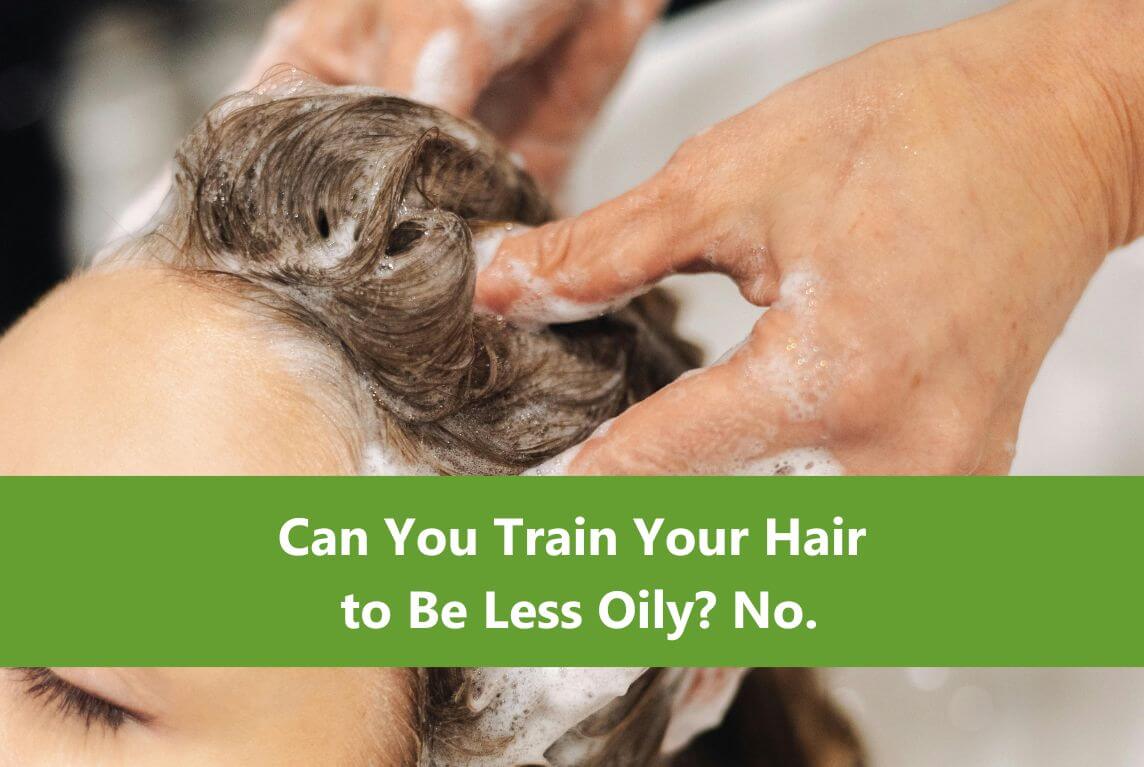When dealing with scalp issues, selecting the right shampoo is crucial for scalp health. You might choose between prescription shampoos, recommended by dermatologists, and over-the-counter herbal shampoos, known for their natural ingredients. Knowing when to use each can effectively manage your scalp condition.
Prescription Shampoo: for Emergency and Acute Conditions
Prescription shampoos are specifically formulated to treat particular scalp issues and are usually recommended by healthcare providers for conditions that are severe, persistent, or not responding well to daily shampoo products. Here’s when opting for a prescription shampoo is wise:
- Severe Dandruff and Seborrheic Dermatitis: When daily dandruff shampoos don’t work for severe flaking and itching, prescription shampoos with ketoconazole, selenium sulfide, or stronger tar can provide immediate relief.
- Psoriasis: For those suffering from scalp psoriasis, prescription shampoos containing coal tar, corticosteroids, or salicylic acid can help reduce scaling, inflammation, and discomfort.
- Fungal Infections: Conditions like tinea capitis, which is a fungal infection of the scalp, require antifungal shampoos prescribed by a doctor to effectively eliminate the fungus.
- Bacterial Infections: If you have a bacterial infection, a prescription antimicrobial shampoo may be necessary to clear up the infection and prevent further complications.
Always follow the medical guidelines when using prescription shampoos
Prescription shampoos are usually meant for short-term use under medical guidance. They can be potent, targeting the underlying issue quickly and effectively, but they may also have side effects such as increased scalp dryness, sensitivity, or irritation due to their strong formula.
Herbal Shampoo: Long-Term Scalp Care Management
Herbal formula shampoos are great for everyday use and are formulated with various natural ingredients known for their soothing, repairing, and strengthening properties. They are best suited for long-term maintenance and prevention of mild scalp issues. Here’s when to consider herbal shampoos:
- Mild Dandruff and Scalp Dryness: Scalp Products with Glycyrrhetinic Acid Complex can help manage dandruff and soothe itchy scalp without the harsh effects of chemicals.
Check a Scalp deep cleanser which is formulated with 2% Glycyrrhetinic Acid Complex. - Calm Itchy Scalp: Gently clean the sensitive scalp with Myrrha, which soothes itchiness and reduces bacteria, while Citric acid alleviates scalp build-up.
Check the herbal-based shampoo for Sensitive Scalp - Hydrate Itchy Scalp: A dry, itchy scalp often arises from a lack of protective barriers. Moisturizing is crucial; using a hydrating scalp spray is essential.
Check the Herbal Scalp Care Spray - 7 key Criteria for Choosing a Long-term Herbal Shampoo:
– Free from parabens
– Free from Soap
– No SLS (Sodium Lauryl Sulfate) or SLES (Sodium Laureth Sulfate)
– No Dimethicone (Slicon) * More about Dimethicone
– No artificial colors or fragrances
– Contains amino acid-based cleansers
– Formulated with a cleanser at a pH level of 5.5
Herbal shampoos, known for their gentleness, can be used regularly without the harsh effects often associated with prescription alternatives. They excel in daily scalp maintenance, promoting ideal scalp health and potentially reducing the necessity for more aggressive scalp treatments.
Tailoring Your Scalp Care: The Role of Prescription and Herbal Shampoos
The decision between prescription shampoo and herbal formula shampoo hinges on the severity and nature of your scalp condition. Prescription shampoos could be your go-to for acute or severe scalp conditions where quick, targeted action is needed. On the other hand, herbal formula shampoos are more suitable for long-term maintenance, mild issues, and overall scalp health enhancement.
Always consider consulting with a dermatologist before starting any new scalp care treatment, especially if you have underlying scalp conditions or concerns. This ensures that you choose the most effective and safe products for your specific needs.

